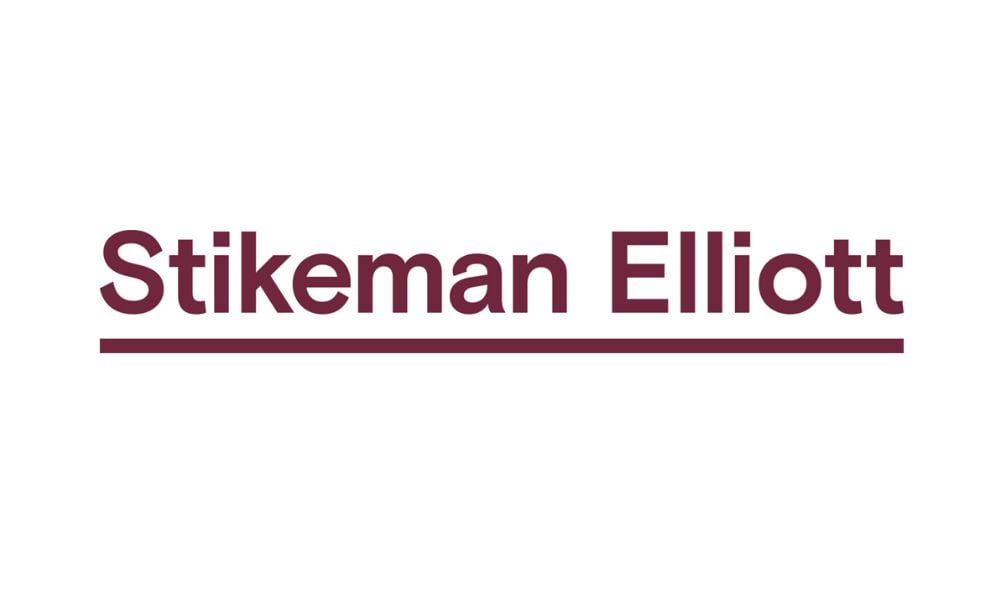The world of TV and film conjures up images of celebrities, paparazzi, glitzy parties and awards galas. But for Shari Segal, it’s all in a day’s work as head of legal & business affairs at movie developers, producers and distributors Incendo Media Inc. Speaking to Lexpert, Segal outlines how the financial dynamics of the industry have transformed over the past two decades – and what the future holds for an industry that’s constantly in the limelight.
“When I first started working in film and television, we were doing Canadian government tax shelters that were the primary source of a lot of Film and Television in Canada," Segal recalls. These tax shelters were a significant financing mechanism, but their discontinuation over 20 years ago marked the beginning of a new era.
Since then, and particularly in recent years, Segal has witnessed a severe contraction in available financial resources. In 2005, when she joined Incendo as corporate counsel, the company relied on a mix of broadcaster investments, licenses, pre-buys in the US, and output deals to finance their productions.
"On many occasions, we were over-financed on our productions,” Segal says. “Which was obviously a great place to be.”
However, the situation has almost been turned upside down, and today, securing any form of advance financing is an ongoing challenge.
"The Canadian broadcasters have really gone through some difficult times. There's been a shrinking and consolidation," Segal says. “Now we have to be very, very creative of how we put together financing for film and television. If we're lucky, we can get a Canadian or US pre-license from a traditional broadcaster or streamer. Even this, however, is tricky because, in the past five or six years, there's been a huge change in the streamers’ and available financing.”
The current landscape requires a mix of Canadian development money, acquisition agreements from the US, and international co-productions under Telefilm Canada to secure pre-buys or financing from other countries. Tax credits, which are labour-related, also play a crucial role, but they necessitate a much more creative approach.
And throughout all these challenges, Segal's role has evolved significantly.
“I’m a single corporate counsel,” she explains. “I do have an invaluable team of contract administrators who work with me and access to a legal team at Quebecor, but my role has expanded into a business affairs role in addition to legal.”
Over the years, Segal’s become deeply involved in the development process, making critical decisions about the viability of projects and co-production deals.
“I've traveled to London and Ireland and Austria to speak with potential co-producers. So, I'm really involved from the very beginning as to whether or not we're going to be entering into those deals. When we get approached by a co-producer trying to access funding in Ireland, it's usual to sign a letter of intent. I'm the one who's reviewing that letter of intent and deciding whether and how we should commit. [As such] I've since become more knowledgeable about all aspects of financing and production development. I’ve been pulled in earlier and earlier into the process, meaning there's also more and more documents and contracts that need to be drafted, reviewed and signed.”
Segal’s role has been marked by significant challenges and complex puzzles – and her career has been defined by her unique ability to find answers that others potentially could not. Segal recounts two particularly challenging projects that marked watershed moments in her career. The first involved a buyout between Incendo’s founding partners, a transaction she navigated as an intermediary, helping both parties and the employees through the process. The second was the sale of Incendo to TVA/Quebecor Media.
“I realized during those transactions that my breadth of knowledge of entertainment law, copyright and licensing was critical to the success of that transaction," she says. “You have those ‘aha!’ moments where you think: ‘I've learned something over these past 10, 12, or 15 years, and I feel good about it.’”
In addition to these transactional challenges, Segal has been involved in the production of over 120 films. Drafting contracts remains her favourite part of the job, a task she approaches with the creativity of a writer.
“I take all my writing skills, and I put them to use drafting contracts, which is still my absolute favourite part of any deal," Segal admits.
Segal's expertise has also led her to seek outside counsel in specific instances, such as bankruptcy law and litigation.
"We were hit by a couple of instances wherein we had sold films and television series to broadcasters, and then those stations went bankrupt," she says.
In these cases, the complexity of bankruptcy law required specialized legal assistance. Similarly, for litigation, Segal engages outside counsel due to the emotional toll it takes on her, preferring an objective third party to handle these matters.
And, when offering advice to aspiring entertainment lawyers, Segal emphasizes the importance of patience and perseverance.
“It's hard to get into entertainment law,” she says. “A lot of people approach me and ask for advice on how to get into entertainment law. You have to work really hard during your first five to seven years. You have to put in those 10,000 hours. It’s not always fun – very often you feel insecure about what your skills are. So just keep working at it – just because it's hard at the beginning, or just because you don't feel secure in it, don't stop pushing.”





